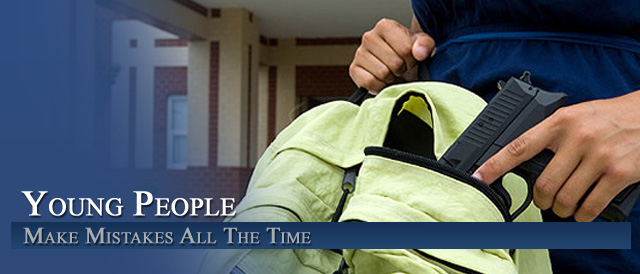
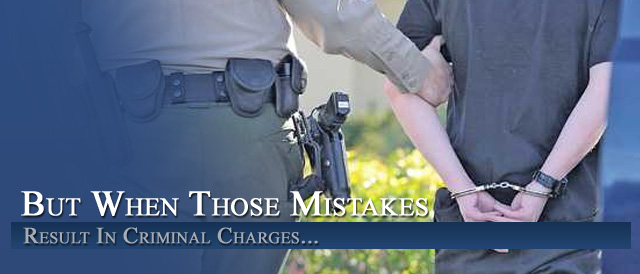
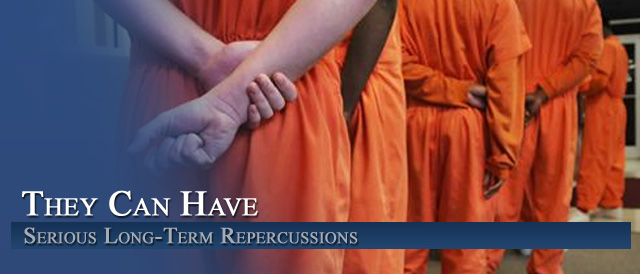
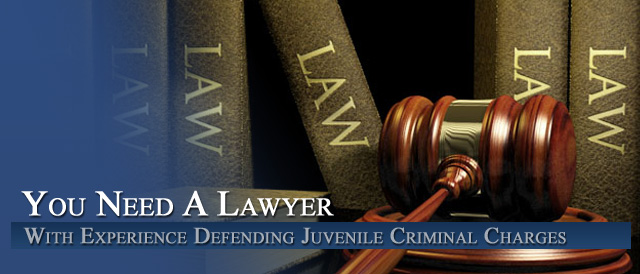
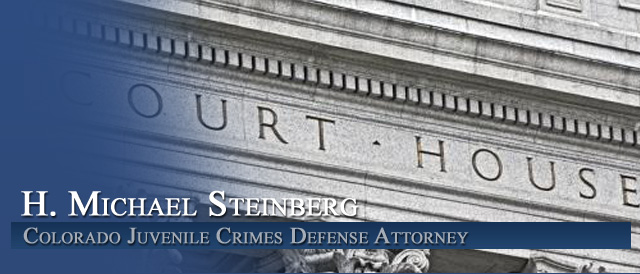
Evidentiary Considerations 19-2-802
by H. Michael Steinberg is both an experienced and a dedicated Colorado Juvenile Criminal Defense Attorney
As a former Senior – Career Arapahoe – Douglas County District Attorney -in his13 years (1984 – 1997) years as a prosecutor – H. Michael was assigned to the prosecution of hundreds of juvenile prosecutions. As a Colorado Criminal Defense Lawyer for the last 16 years (1997 – 2013) – he has successfully handled hundreds more juvenile cases.
Juvenile criminal defense lawyers must be specialized in this area and must have specialized training and experience to be effective on behalf of their clients… essentially just children. Because Juvenile Court is different than adult court – an experienced lawyer in adult may be incompetent to practice in juvenile court.
Where your child’s freedom and future is at stake…go with experience every time.
Here is the statute referenced in the Article That Linked you to this page:
19-2-802. Evidentiary considerations
(1) All statutes and rules of this state that apply to evidentiary considerations in adult criminal proceedings shall apply to proceedings under this title except as otherwise specifically provided.
(2) In any case brought under this title, the credibility of any witness may be challenged because of his or her prior adult felony convictions and juvenile felony adjudications. The fact of such conviction or adjudication may be proved either by the witness through testimony or by other competent evidence.
(3) Prior to the juvenile resting his or her case, the trial court shall advise the juvenile outside the presence of the jury that:
(a) He or she has a right to testify in his or her own behalf;
(b) If he or she wants to testify, no one, including his or her attorney, can prevent the juvenile from doing so;
(c) If he or she testifies, the prosecutor will be allowed to cross-examine him or her;
(d) If he or she has been convicted or adjudicated for a felony, the prosecutor shall be entitled to ask him or her about it and thereby disclose it to the jury;
(e) If a felony conviction or adjudication is disclosed to the jury, the jury can be instructed to consider it only as it bears upon his or her credibility;
(f) He or she has a right not to testify and that, if he or she does not testify, the jury shall be instructed about such right.
Other Articles of Interest:
- Colorado Juvenile Sentencing Part 2 – The Direct File Juvenile Offender Law
- Colorado Juvenile Criminal Trials – A Look At How They Work
- Colorado Criminal Juvenile Law – Why Using Facebook Can Be A Very Dangerous Thing To Do
- Colorado Juvenile Criminal Law – I Am Now An Adult – How Can I Be Prosecuted in Juvenile Court?
- After Your Child Is Arrested in Colorado – Juvenile Criminal Screening And The Detention Hearing Part I Of II












